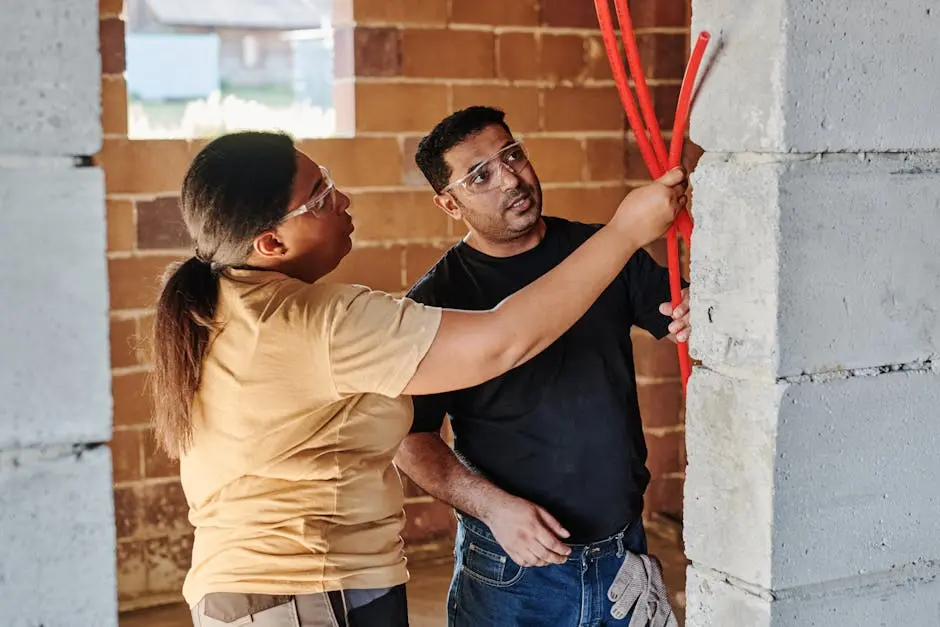
What Safety Tips Should I Follow for Marine Electrical Equipment?
Ensuring safety when using marine electrical equipment is critical for protecting both people and vessels. This guide covers essential tips to help you navigate electrical safety on the water.
Understand Electrical Hazards
Familiarize yourself with common hazards associated with marine electrical systems, such as shock, fire, and equipment failure.
Electrical shocks are particularly dangerous on boats due to the surrounding water. Even a small amount of electricity can have severe consequences. Always be cautious and proactive in understanding the dangers.
Another critical hazard is the potential for electrical fires, usually stemming from faulty wiring or overloaded circuits. Ensure that your wiring is intact and free from wear and tear, as this can significantly mitigate this risk.
Lastly, equipment failure can lead to dangerous situations. Regularly check your marine electrical systems and understand the signs that something might be wrong. By being vigilant, you can avoid serious mishaps.
Choose Quality Equipment
Invest in high-quality, marine-grade electrical equipment designed to withstand harsh marine environments.
Low-quality equipment may save you a buck upfront but can cost you dearly down the road. Marine-grade equipment is built to endure saltwater, moisture, and extreme weather, safeguarding your investment.
Look for products that comply with marine safety standards. Trustworthy manufacturers provide clear certifications; ensure that your equipment has them. This not only enhances safety but also boosts reliability on the water.
Moreover, consider the long-term benefits of quality gear. Investing in durable equipment can reduce maintenance costs and prevent equipment failures, thus enhancing your overall boating experience.
Regular Maintenance Checks
Perform routine inspections and maintenance on your electrical systems to catch any potential issues early.
Set a schedule for regular checks—don’t ignore your electrical systems! Just like you wouldn’t skip checking your engine, your electrical gear needs attention too. Monthly checks can help spot any irregularities.
During these inspections, look for signs of wear, corrosion, or loose connections. Addressing these issues quickly can prevent larger problems from developing. If you’re unsure, consult a professional who is experienced in marine electrical work.
Routine maintenance not only ensures your safety but also enhances the lifespan of your equipment. By keeping an eye on your electrical systems, you can enjoy more stress-free days on the water.
Use Proper Circuit Protection
Ensure all circuits are protected by appropriate circuit breakers or fuses to prevent overload and electrical fires.
Using circuit protection devices is one of the smartest decisions you can make in terms of safety. They act as a safeguard against sudden spikes in electrical current, which could otherwise lead to serious damage.
Make sure to install correctly rated fuses for your specific equipment. A fuse that is too large may not protect your wires adequately, potentially leading to overheating and fire hazards.
Furthermore, keep spare fuses on board. In case of an emergency, you’ll want to replace any blown fuses right away to maintain functionality and safety.
Know Emergency Procedures
Have a clear plan for handling electrical emergencies, including knowing how to shut off power and use fire extinguishers.
In an emergency, every second counts. Familiarize yourself with the location of your electrical shut-off switches; this knowledge can save lives. Add this to your checklist of essential safety practices.
Consider conducting drills with your crew to ensure everyone knows what to do in case of an electrical emergency. This will help instill confidence and reduce panic during a stressful situation.
Moreover, make sure a fire extinguisher suitable for electrical fires is readily accessible. Regularly check to ensure it is charged and functioning properly; riding on an uninspected fire extinguisher can be a grave mistake.
Final Thoughts on Marine Electrical Safety
By following these safety tips, you can significantly reduce the risks associated with marine electrical equipment. Always prioritize safety and ensure a secure environment on your boat.

